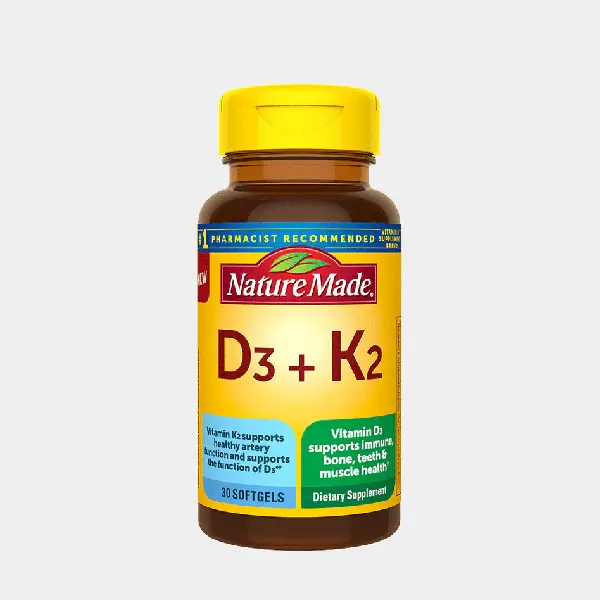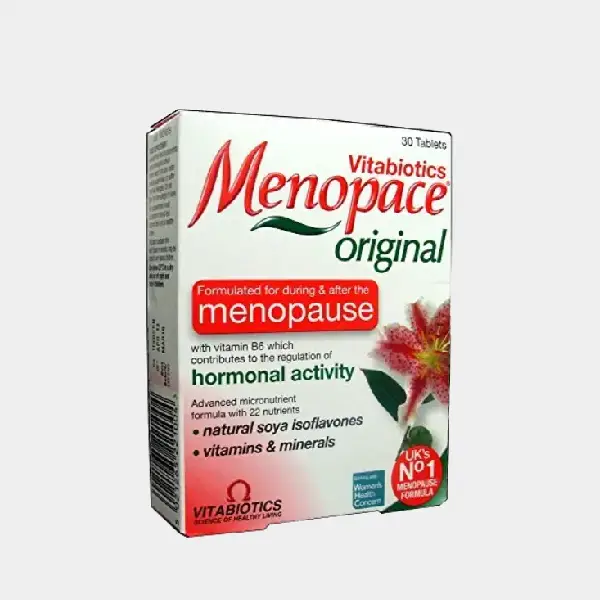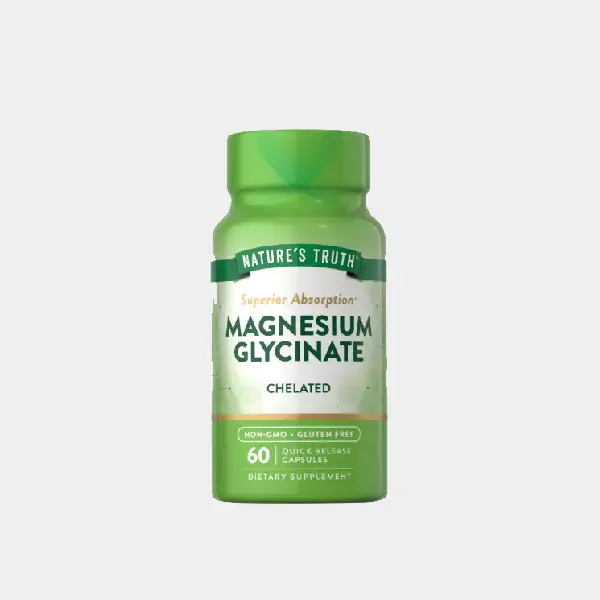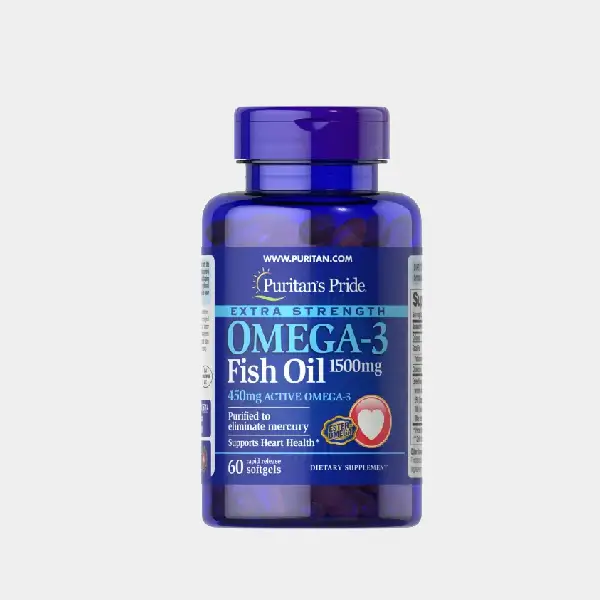Menopause is a natural stage of life every woman will experience, and it often brings about physical and emotional changes that can feel overwhelming.
From fluctuating hormones during perimenopause to the postmenopausal phase, each stage of this transition comes with unique challenges.
While a balanced diet plays a crucial role in maintaining overall wellness, it’s not always easy to meet all your nutritional needs during this time.
That’s where supplements can help bridge the gap, providing targeted benefits for specific menopause symptoms.
Here, we’ll explore four supplements that registered dietitians recommend for supporting overall health during menopause.
These supplements may help ease common menopause symptoms and provide additional support as your body adjusts to this significant life change.
1. Vitamins K2 and D3: Supporting Bone and Heart Health
During menopause, the risk of developing osteoporosis and cardiovascular disease increases.
This is due to the hormonal changes, particularly the drop in estrogen, which accelerates bone loss and heightens cardiovascular risk. To support both bone and heart health, vitamins K2 and D3 are often recommended.
-
Why It Works: Vitamin D3 helps your body absorb calcium, while vitamin K2 directs calcium to bones and away from arteries, making them an ideal duo for bone and cardiovascular health.
Research shows that K2 supplementation can improve bone mineral density and reduce fracture risk in postmenopausal women.
Additionally, when combined with D3, it supports calcium metabolism, helping to maintain stronger bones during menopause.
-
Additional Benefits: Emerging evidence suggests that vitamin K2 may also reduce arterial stiffness and improve insulin sensitivity—issues that are common during menopause.
-
Caution: Women on blood-thinning medications should consult their healthcare provider before taking vitamin K2, as it may interfere with these medications.
2. Soy Isoflavones: A Natural Estrogen Substitute
Soy isoflavones have gained attention as a natural way to manage menopause symptoms, particularly hot flashes and other hormone-related symptoms.
Isoflavones are plant-based compounds found in soy that mimic estrogen in the body due to their phytoestrogen properties. This can be especially helpful during menopause when estrogen levels drop significantly.
-
Why It Works: Research suggests that soy isoflavones may reduce the frequency and intensity of hot flashes, alleviate mood changes, and improve sleep.
Beyond symptom relief, they may also support long-term health by improving bone turnover rates and promoting heart health.
Studies have shown that soy isoflavones can help improve cholesterol levels and support overall cardiovascular health. -
Additional Benefits: Some studies indicate that soy isoflavones might help improve long-term bone health and reduce bone loss during menopause.
3. Magnesium Glycinate: Easing Symptoms and Supporting Mood
Magnesium is a crucial mineral that plays a key role in various bodily functions, and it’s often overlooked when it comes to menopause support.
It may help alleviate several menopause symptoms, such as hot flashes, night sweats, and mood swings.
-
Why It Works: Magnesium has a calming effect on the body, which may help regulate body temperature and reduce the intensity of hot flashes.
It also supports overall mood, which is important as mood swings and irritability are common during menopause. -
Additional Benefits: Magnesium glycinate, a highly absorbable form of magnesium, is particularly effective in improving sleep and reducing anxiety, both of which can be disrupted during menopause.
4. Omega-3 Fatty Acids: Protecting Heart Health
As the risk of cardiovascular disease increases for postmenopausal women, omega-3 fatty acids have become an essential supplement for heart health.
Omega-3s are well-known for their cardioprotective effects, helping reduce inflammation and improving lipid profiles.
-
Why It Works: Omega-3s, particularly EPA and DHA (the main active forms), help reduce triglycerides and improve HDL (“good”) cholesterol levels, which can protect against heart disease.
A large systematic review showed that omega-3 supplementation can lead to significant reductions in triglycerides and improvements in cholesterol ratios. -
Additional Benefits: While the evidence for omega-3s alleviating hot flashes is mixed, the cardiovascular benefits are well-documented, making them a valuable supplement during menopause.
-
Choosing the Right Supplement: When choosing omega-3 supplements, it’s important to look for high-quality fish oil or algae-based oils.
Choose products that are third-party tested for purity to ensure they are free from contaminants like mercury.
Additional Tips for Managing Menopause
In addition to these supplements, there are other strategies you can adopt to help manage menopause symptoms and support overall health:
-
Maintain a Balanced Diet: Eating nutrient-rich foods, such as fruits, vegetables, whole grains, and lean proteins, may help support hormonal health and reduce menopause symptoms.
-
Stay Active: Regular exercise can improve mood, support bone health, and help manage weight changes that may occur during menopause.
-
Consult a Healthcare Provider: Always consult with a healthcare provider before starting new supplements, as some can interact with medications or have unintended side effects.
Bottom Line
Menopause is a significant life transition, but understanding how to support your body during this time can make a meaningful difference in your overall well-being.
Supplements like vitamins K2/D3, soy isoflavones, magnesium glycinate, and omega-3 fatty acids can offer valuable support for managing the physical and emotional changes that often accompany menopause. However, they work best when combined with a healthy diet, regular exercise, and consultation with a healthcare provider.
For more detailed information on supplements that may help ease menopause symptoms, you can refer to the full article on EatingWell.








Wpbingo
Lorem ipsum dolor sit amet, consectetur adipiscing elit. Nam fringilla augue nec est tristique auctor. Donec non est at libero vulputate rutrum. Morbi ornare lectus quis justo gravida semper. Nulla tellus mi, vulputate adipiscing cursus eu, suscipit id nulla.